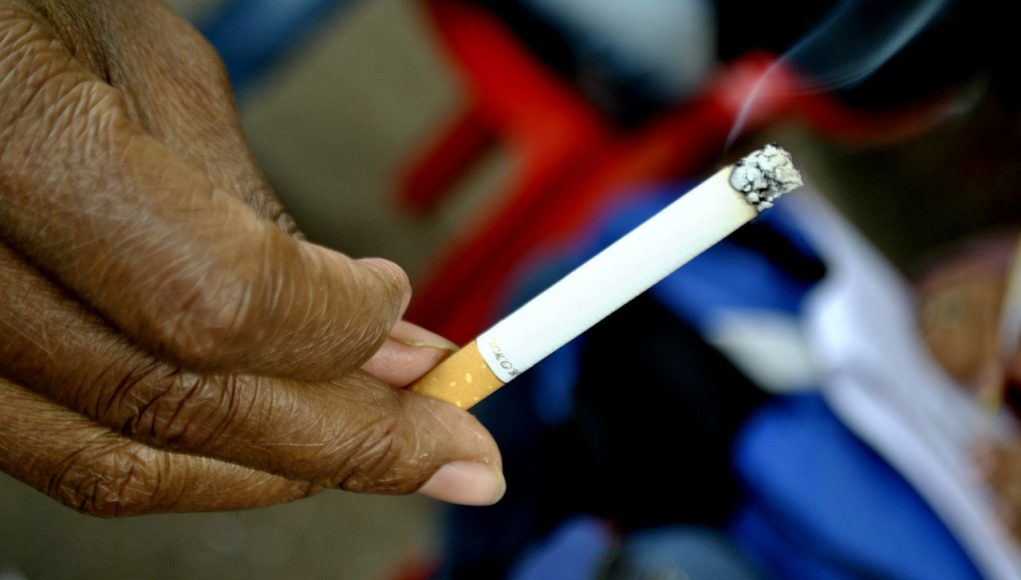At a recent press conference Deputy Executive Director of the organization Mohammad Zobayer Hasan claimed that tobacco companies are spreading rumours against the amendment of tobacco control act. “We request the government to revise the act without any delay,” he said.
Quoting data from the the Global Adult Tobacco Survey 2017, Zobayer said that at least 35.3% of people aged over 15 use combustible tobacco products, 18% are passive smokers and 20.6% use smoke-free tobacco. He added that approximately 444 people die daily as a consequence of tobacco consumption.
Member of Parliament from Sirajganj-3 constituency Professor Dr Md Abdul Aziz, who was present at the event, alleged that vaping products are part of the problem not the solution. He said that 42 countries across the world have banned vapes and that Bangladesh is lagging behind in not doing so.
Following in the footsteps of neighbouring India, in 2019, a Bangladeshi health official had announced that in response to increasing concerns about vaping, a plan to ban the products was underway. The officials added that the ban was to be incorporated in the new tobacco control policy, being drawn up by the government.
Subsequently, a draft amendment to the Smoking and Using of Tobacco Products (Control) Act, banning vapes and oral nicotine pouches was released in 2022. The measure would ban the production, import, export, storage, sale and transportation of e-cigarettes and their components, and violators of the new tobacco law could face imprisonment for a maximum of six months or a fine not exceeding Tk2 lakh, or both.
Moreover, the amendment includes a provision that would ban any flavours or addictive chemicals in “tobacco products”, the sales of the products by mobile shops and hawkers, and also tobacco sales within 100 meters of the boundaries of educational institutions, hospitals, clinics, playgrounds and children’s parks. Abdul Aziz, said that his colleagues and himself will be voting in favour of this amendment when placed in parliament.
Time to embrace tobacco harm reduction
On the other hand, last year a group of international tobacco harm reduction advocates had written to Bangladesh authorities asking them to reconsider the proposed vape ban given the smoking cessation potential of the products. “The Bangladesh government should support smokers by encouraging a mass switch from high-risk cigarettes to low-risk ENDS and accelerating the end of the epidemic of smoking-related disease,” it reads.
The letter urges the Bangladesh government to embrace tobacco harm reduction as part of Bangladesh’s tobacco control strategy as the products would meet the needs of those smokers who are unable to quit unaided. “ENDS should be seen as an opportunity, not a risk,” it says.
The 17 signatories of the letter include Dr Delon Human, who was a former adviser to WHO Director-Generals and UN Secretary-General Ban Ki Moon. Other signatories include Swedish academic and president of European Red Cross/Red Crescent Network on HIV/AIDS and Tuberculosis, Dr Andres Milton; New Zealand public health professor Marewa Glover; Professor of Social Scientific Addiction Research at the Frankfurt University of Applied Sciences in Germany, Heino Stöver.








